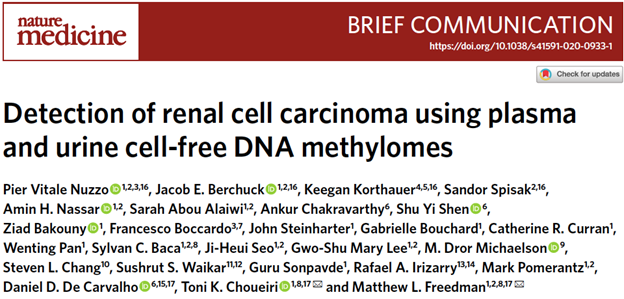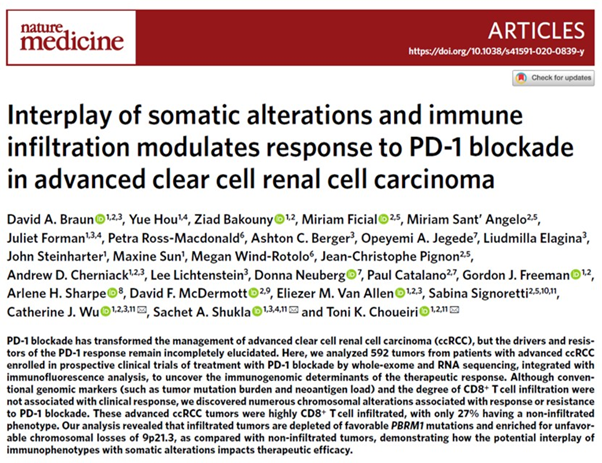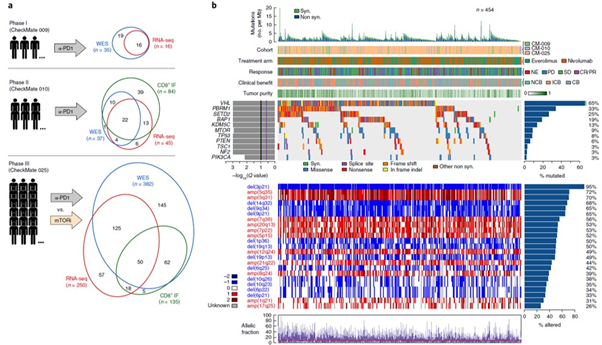
Now that #ASCO22 abstracts are released, more insights into Top 10 #GUOnc abstracts (still many LBAs):
@DanaFarber_GU @OncoAlert @ASCO @ASCOPost
1/LBA| Chris Ryan @OHSUKnight=>The long awaited EVEREST study with adjuvant everolimus in RCC: stay tuned!
@DanaFarber_GU @OncoAlert @ASCO @ASCOPost
1/LBA| Chris Ryan @OHSUKnight=>The long awaited EVEREST study with adjuvant everolimus in RCC: stay tuned!
2/Interesting relationship between DepOR and clinical outcomes in CM-9ER! Greater proportions of pts receiving Nivo+Cabo had deeper responses vs SUN. This translated into better PFS/OS
Dr. Cristina Súarez @vallhebron
Dr. Cristina Súarez @vallhebron

3/Better HEQOL baseline scores were associated with significantly reduced death on Checkmate-214. Pts with improved/stable 6mo-HRQoL had a 52% reduction in risk of death compared to pts who had worsened.
@CellaDavid @MSSatNU
@CellaDavid @MSSatNU

5/Cabo+Atezo demonstrated clinical benefit across cohorts C3, C4 (no prior therapy and cisplatin-based chemo ineligible (C3) or eligible (C4)), C5 (with one prior ICI and no prior VEGFR-TKI therapy) with manageable toxicity.
@montypal @cityofhope
@montypal @cityofhope

6/LBA |Robert J. Jones, @UofGlasgow 

7/Successful prediction of pathologic response when combining mR-score and circulating bladder DNA fraction in 79% of patients with MIBC undergoing neoadjuvant chemotherapy in SWOG S1314.
@YiTsungLu1 @uscnorris
@YiTsungLu1 @uscnorris

8/SHR3680 significantly reduced the risk of radiographic progression or death than Bicalutamide in a phase 3 CHART for patients with high-volume mHSPC. Waiting for future OS results.
Dr. Ding-Wei Ye, Fudan University Shanghai Cancer Center
Dr. Ding-Wei Ye, Fudan University Shanghai Cancer Center

9/Viable surrogate threshold effects of 0.82 for rPFS and 0.84 for cPFS making them potential surrogate endpoints for OS. Waiting for a planned validation that would help expedite phase 3 trials!
Dr. Susan Halabi @DukeMedSchool
Dr. Susan Halabi @DukeMedSchool

10/3yr-fu update of TheraP: 177Lu-PSMA-617 (LuPSMA) versus cabazitaxel in mCRPC progressing after docetaxel. Similar OS between LuPSMA and cabazitaxel groups, but Lu-PSMA has better responses, safety and QOL.
@DrMHofman @PeterMacCC
@DrMHofman @PeterMacCC

• • •
Missing some Tweet in this thread? You can try to
force a refresh























